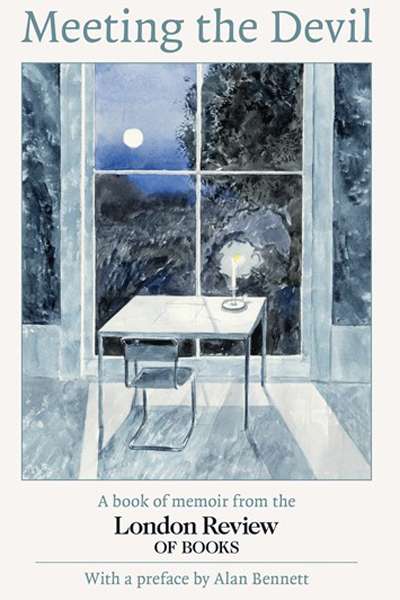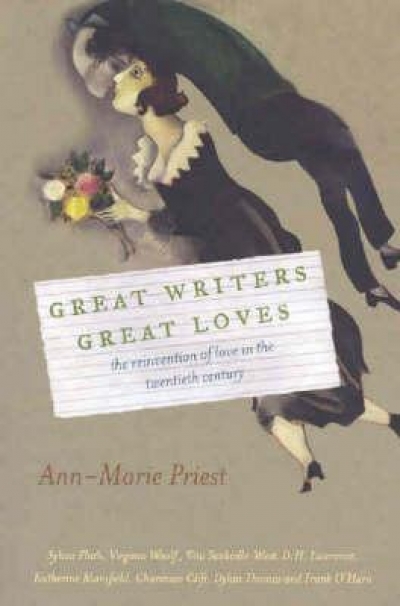Accessibility Tools
- Content scaling 100%
- Font size 100%
- Line height 100%
- Letter spacing 100%
Ann Marie Priest
The ABR Podcast
Released every Thursday, the ABR podcast features our finest reviews, poetry, fiction, interviews, and commentary.
Subscribe via iTunes, Stitcher, Google, or Spotify, or search for ‘The ABR Podcast’ on your favourite podcast app.
The red thread: Xi Jinping’s ideology of power
by Neil Thomas
This week on The ABR Podcast, Neil Thomas reviews On Xi Jinping: How Xi’s Marxist Nationalism is shaping China and the world by Kevin Rudd. Thomas explains that even China watchers find it hard to be clear on the thoughts and plans of the leader of the Chinese Communist Party. They disagree, he tells us, on basic, critical questions, such as for how long Xi will rule. ‘Enter Kevin Rudd’, Thomas writes. ‘In his latest book, former prime minister Kevin Rudd adds a worthy new chapter to his life of public service, digesting thousands of pages of “Xi Jinping Thought” so that you do not have to’. Neil Thomas is a Fellow on Chinese Politics at Asia Society Policy Institute’s Center for China Analysis in Washington DC. Here is Neil Thomas with 'The red thread: Xi Jinping's ideology of power' by Neil Thomas, published in the December issue of ABR.
Recent episodes:
The Best 100 Poems of Gwen Harwood by Gwen Harwood, edited by John Harwood
Meeting the Devil: A book of memoir from the London Review of Books edited by London Review of Books
On an early spring evening in 1919, in a nearly empty cinema in the English seaside town of Lyme Regis, a slight, dark-haired figure slipped into a seat at the farthest edge of a row. From here, she would have a clear view of the profile of the youthful pianist who, sheltered behind a screen, accompanied the silent film. In white tie and tails, with her fair hair slicked down, the young musician could easily have passed for a boy. But Henry knew better. She had already extracted from the cinema’s owner the useful information that the pianist who gave such superlative performances night after night in the dark, sparsely filled hall was his daughter, Olga. The delicious ambiguity of the young woman’s appearance only added to the pleasure of her effortless improvisations. The soft, feminine form in its stiff, masculine garb was as enticing as the verve and finesse of the music itself.
... (read more)



